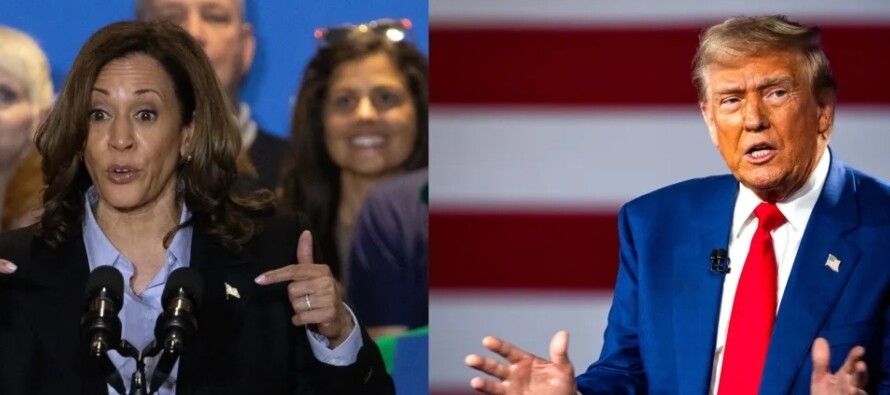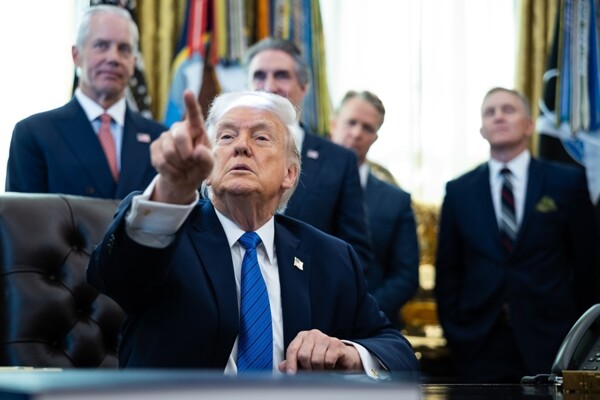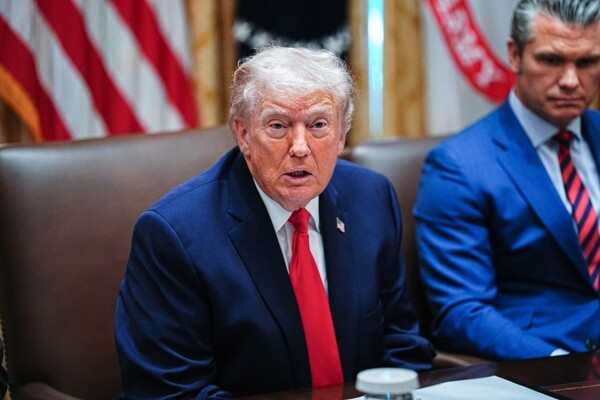
The presidential elections in the United States, which will take place on November 5 between former President Donald Trump and Vice President Kamala Harris, are generating high levels of stress in society, according to a study published by the American Psychological Association. Both candidates are practically tied in the seven key states that could define the outcome of the election.
The uncertainty about who will lead the country in the coming years has led 69% of participants in the 'Stress in America' survey to experience stress. In a sample of over 3,000 adults, it was identified that 77% of Americans feel stressed daily about the direction the nation may take depending on the elected leader, and 73% due to the economic situation.
The influence of artificial intelligence as a tool for misinformation and fake news has been a highlighted factor in this electoral contest. 82% of respondents expressed concern about the possibility that a large part of the population forms their opinions based on erroneous information. Political polarization and the social division generated in recent years have contributed to an increase in stress levels among the population by almost 20% since 2016.
The study reveals that seven out of ten people are worried about a possible increase in violence in the country due to the presidential elections, and more than half fear for the future of democracy in the U.S. This climate of polarization has stimulated an increase in activism and citizen mobilization, with 77% of adults declaring their intention to vote in the elections.
Amid an electoral campaign marked by incidents such as an assassination attempt against Trump and controversial comments about the Armed Forces, there is ongoing concern about a rejection of the results by Republicans in the event of defeat. According to experts, this polarized environment has motivated greater political engagement from the population. Polls show Harris leading the national surveys by a small margin, although in recent days that margin has decreased.
African American and Latino communities have been identified as the sectors of the population most interested in participating in the elections, thus becoming a key campaign focus for both candidates in the final stretch leading up to election day.














